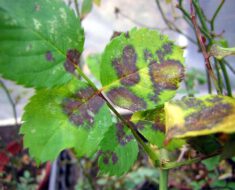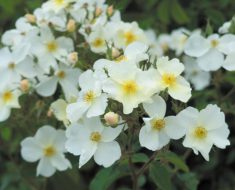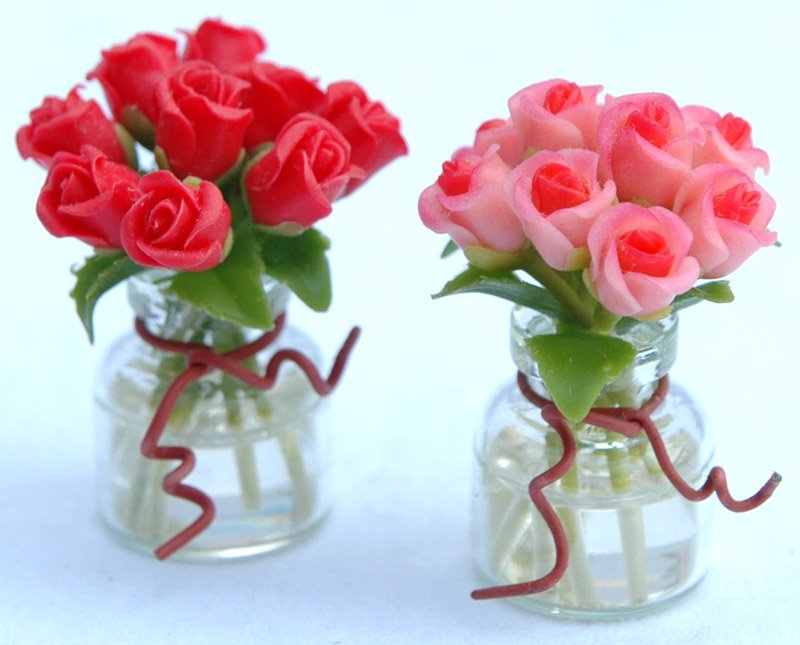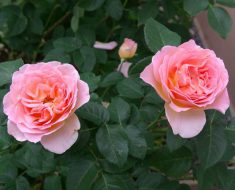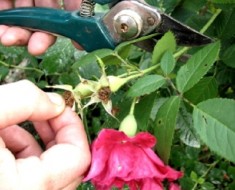Care about roses is to carry out such actions in a timely manner: weeding, watering, fertilizing, loosening the soil, removing damaged parts of the plant, preventing diseases and pests, and pruning. Like any plant, roses require that the soil around the bushes is always clean from weeds. The easiest way to control weeds is to mulch the soil.
Mulch is a layer of loose organic material that is poured around plants. The benefits of mulch are to keep moisture under it in hot weather. Prevents weed growth, humus improves soil quality. Some mulching materials provide the plant with additional nutrients that reduce the risk of getting black spot.
Mulch can be wet peat, crushed compost, well-rotten manure, garden compost and leaf humus. Use hay. But dried grass should not contain many weeds or be from the lawn, recently treated with herbicides. A large layer of herbal mulch is poured not immediately, but gradually and every time it is tedded to prevent rotting.
Before mulching, the soil is rid of weeds and watered when necessary. Usually begin to mulch in late April – early May. Also, need to feed the plant. Mulch should not touch shoots. In October, a layer of mulch should be slightly embedded in the soil. It is possible to carry out mulching in the fall. In this case, it is necessary to do this in October, before the soil cools down.
Roses feel much better if they don’t have to fight weeds. Therefore, it is necessary to regularly check the land near the rose bushes, and remove annual weeds manually or with the help of careful loosening of the soil at the foot of the plant. Do not damage the plant itself, as well as its roots!
There are perennial weeds that can become a problem over time. You can get rid of them with the help of systemic herbicides containing pesticide, arboricide, herbicide with a wide spectrum of activity. Such substances should be used very carefully for themselves (gloves and away from the eyes), and for plants (the chemical should not get on the leaves or shoots of roses). Do not use any chemicals in the heat – it quickly evaporates and damages the foliage!
It is necessary to water plants either in the early morning or in the evening before sunset. Rooted, roses can tolerate a lack of moisture, but they grow better, flowering more abundant. But the disease will not be affected if the soil is moderately moist. Roses in temperate climates are watered infrequently – 1-2 times a week. But when summer is hot, then naturally it should be done more often. Periodically it is necessary to combine watering and fertilizing fertilizers. If roses are watered, then better absorbed nutrients. Water should be poured at the base of the bush, and not the foliage and flowers. You can apply a light spray or gradual watering with a thin stream from a hose.
